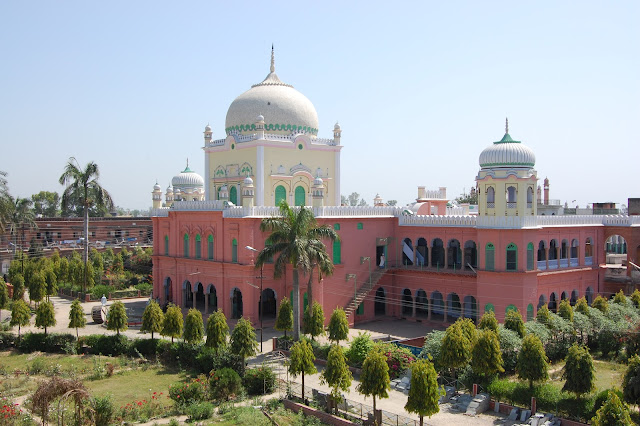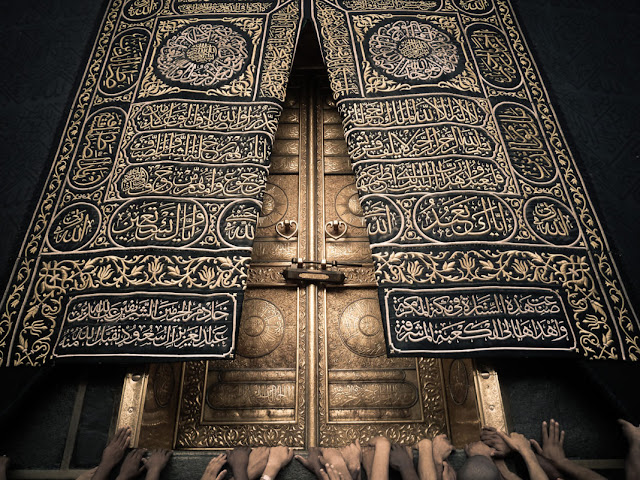Pakistan's Security Policy Echoes Manifestoes Of Its Leading Parties

Sameer Arshad Khatlani Follow on Facebook P akistan's first-ever National Security Policy (NSP) has understandably hit the headlines in India. As The Indian Express pointed out, India has been mentioned more than any other nation—at least 16 times—in the 62-page document. Prepared after what has been described as a seven-year strategic thought, the NSP was adopted in late December. It cites a policy of peace at home and abroad and says Islamabad wishes to improve its relationship with New Delhi even as it acknowledges the rise of Hindutva-driven politics in India impacts Pakistan’s immediate security. The policy cautions against Indian leadership's political exploitation of a policy of belligerence towards Pakistan and says it threatens military adventurism and non-contact warfare. Also Read | India-Pakistan Tensions Are Irreversible For Now The reactions to NSP in India ranged from usual contempt towards Pakistan to surprise over the peace overtures. No matter what they were





